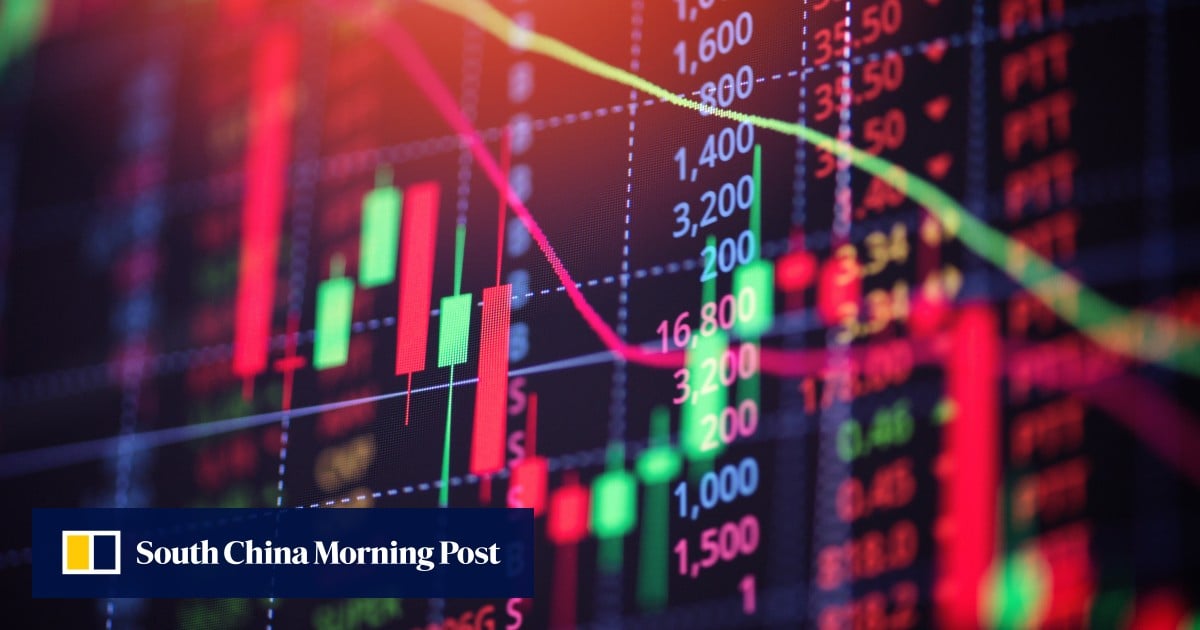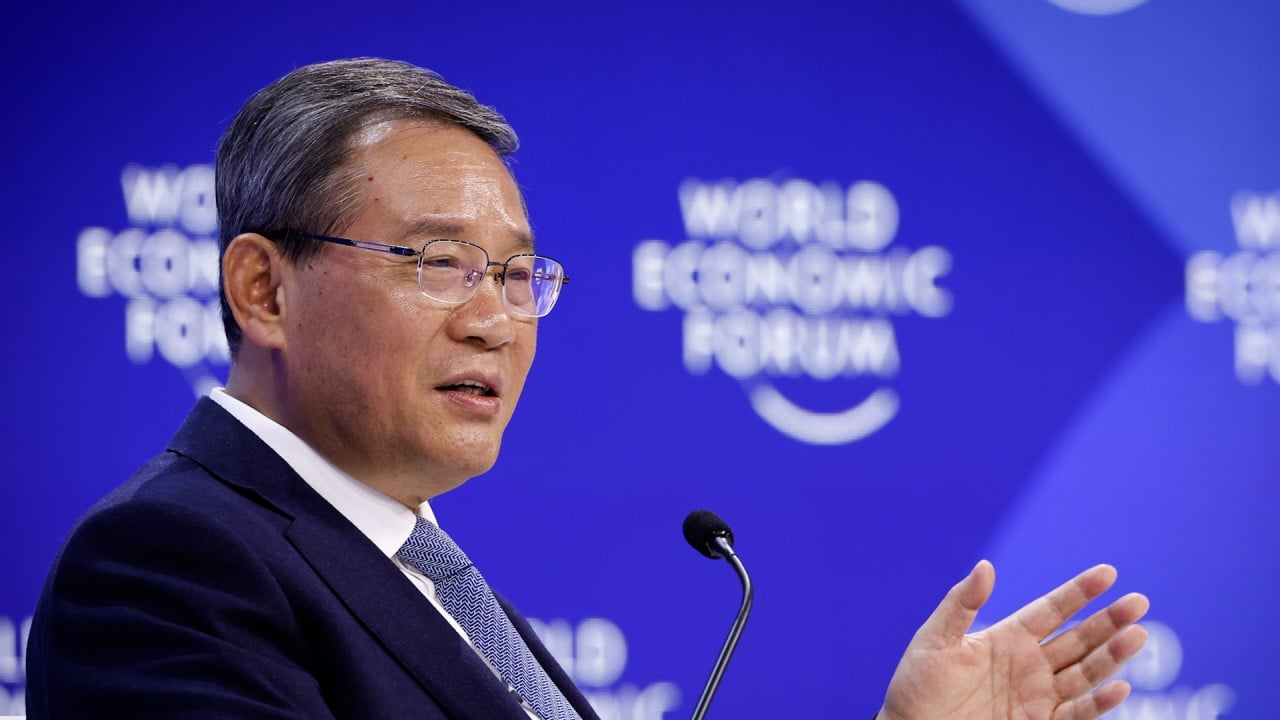
22 Jan Hong Kong stocks extend slide to approach 15-month low as China banks hold lending rates, snubbing easing bets
The Hang Seng Index slipped 1.1 per cent to 15,135.36 at 10am local time, the lowest level since October 2022. Losers outnumbered gainers by more than three to one, across the city’s broader market. The Tech Index tumbled 1.6 per cent while the Shanghai Composite Index fell 0.4 per cent to a level last seen in May 2020.
Tencent slid 1.4 per cent to HK$267.40, Meituan tumbled 4.4 per cent to HK$65.65 and Baidu dropped 1.9 per cent to HK$97.35. Hansoh Pharma slid 1.9 per cent to HK$12.12 and Wuxi Biologics dropped 2.1 per cent to HK$27.75.
Sportswear maker Li Ning retreated 2.8 per cent to HK$15.72 while diary producer Mengniu slid 2.9 per cent to HK$16.76. Among financials, insurer AIA lost 0.3 per cent to HK$60.25 while HSBC weakened 0.2 per cent to HK$58.55.
The one-year loan prime rate stood at 3.45 per cent at the monthly setting on Monday, the People’s Bank of China said, unchanged since August last year. The five-year rate, a benchmark for mortgage financing, stayed at 4.2 per cent, unchanged since the last cut in June.
‘Why is China down again?’ Bewildered Hong Kong-based funds ask BofA to explain stock losses
‘Why is China down again?’ Bewildered Hong Kong-based funds ask BofA to explain stock losses
“We expect the policy response to remain piecemeal and incremental this year,” Barclays economists including Jian Chang said in a note to clients over the weekend. The prolonged and deep contraction in property investment alone will hold back recovery, they added.
The Hang Seng Index has tumbled more than 10 per cent this year, the worst start to a year since 2016, after economic data undershot market expectations and Beijing steadfastly refrained from turning on the stimulus tap.
Foreign investors have sold 31.5 billion yuan (US$4.4 billion) worth of mainland-listed stocks in 2024, adding to an unprecedented US$26.2 billion cumulative sell-off in the previous five months.
Other major Asian markets mostly gained, tracking record US market levels last week. Japan’s Nikkei 225 advanced 1.3 per cent and Australia’s S&P/ASX 200 gained 0.7 per cent, while South Korea’s Kospi was little changed.

